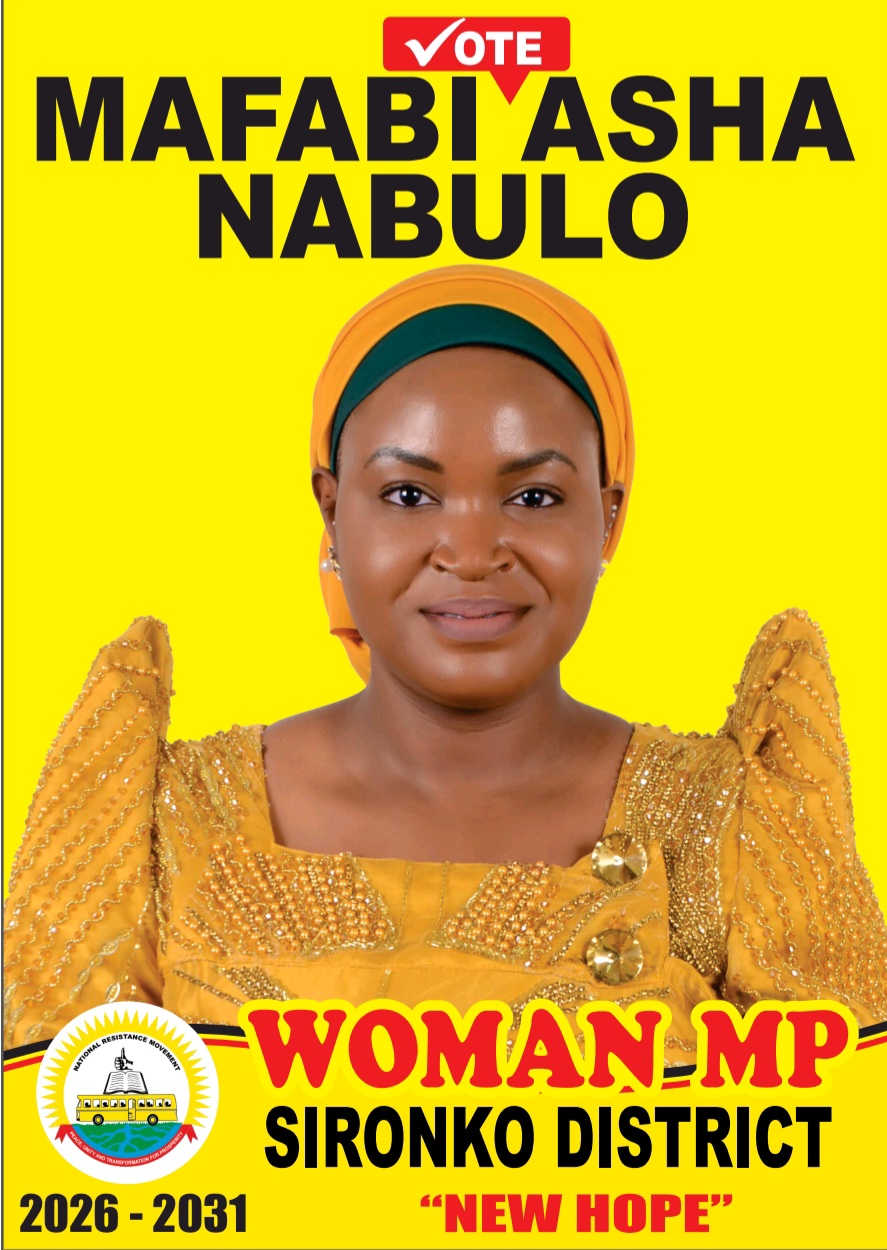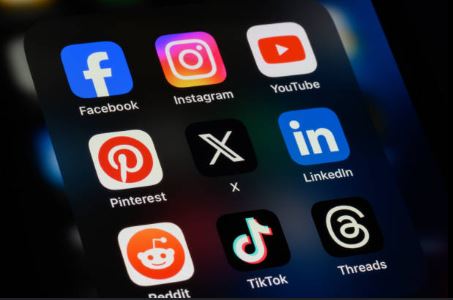Published on 27/10/2025
China has enacted a new law regulating social media influencers, requiring them to hold verified professional qualifications before posting content on sensitive topics such as medicine, law, education and finance. The new law went into effect on Saturday.
The regulation was introduced by the Cyberspace Administration of China (CAC) as part of its broader effort to curb misinformation online.

Under the new rules, influencers must prove their expertise through recognized degrees, certifications, or licenses before discussing regulated subjects. Major platforms such as Douyin (China’s TikTok), Bilibili and Weibo are now responsible for verifying influencer credentials and ensuring that content includes clear citations, disclaimers and transparency about sources.

The CAC said creators must specify when their content is based on studies, reports, or dramatized using AI-generated elements. Platforms are also required to educate users about their responsibilities when publishing or sharing content.
The law bans online advertising for medical services, supplements, and health foods, targeting covert promotions often disguised as educational material. It also mandates that platforms strengthen oversight mechanisms to prevent false claims and misleading advice in areas that can directly affect public welfare.
Implementation of the new law follows a series of national campaigns against misinformation and online fraud. Chinese authorities said the regulation is intended to build “a clean and trustworthy online environment” where public information is accurate and responsibly shared.
While the law primarily targets professional sectors, it also signals Beijing’s growing attention to the role of influencers in shaping public opinion and consumer behavior. Platforms that fail to enforce the rules could face penalties or tighter regulatory scrutiny.
According to digital policy observers, the legislation is one of China’s most comprehensive efforts to date to formalize influencer activity and may serve as a model for future online content governance.
The CAC stated that the goal is not to limit creativity, but to ensure that “professional knowledge is shared by qualified individuals who can provide reliable guidance” in areas with high social impact.
The move comes at a time when misinformation poses a global threat. During the Covid-19 pandemic, fake cures and antivaccine rhetoric spread rapidly, often fueled by unqualified influencers. A 2021 study by the non-profit Center for Countering Digital Hate with offices in Washington DC and London found that just 12 individuals were responsible for 65% of anti-vaccine content shared online.
Given such cases, China’s attempt to regulate influencer content appears logical to some observers. Yet others argue the law could silence voices that challenge authority or offer alternative views. The debate highlights a universal dilemma: how to fight disinformation without restricting legitimate speech.
China is not alone in regulating influencer activity. Spain introduced its “Influencer Law” in 2024, requiring creators with over 1 million followers or earning more than EUR 300,000 annually to register and follow strict advertising guidelines.
Major tech companies are also tightening their oversight. YouTube and Instagram now label paid promotions and flag misleading content, though enforcement varies. Google applies its own scrutiny to “Your Money or Your Life” (YMYL) topics like health and finance, favoring creators who demonstrate expertise through its EEAT, Experience, Expertise, Authority, and Trustworthiness standards.
Audiences expect influencers to be both creative and credible. Yet when they blur the line between opinion and expertise, the impact can be severe. A single misleading financial tip could wipe out someone’s savings. A viral health trend could cause real harm.
That’s why many believe it’s time for creators to acknowledge the weight of their influence. However, China’s new law raises deeper questions: Who defines “expertise”? What happens to independent creators who challenge official narratives but lack formal credentials? And how far can regulation go before it suppresses free thought?






